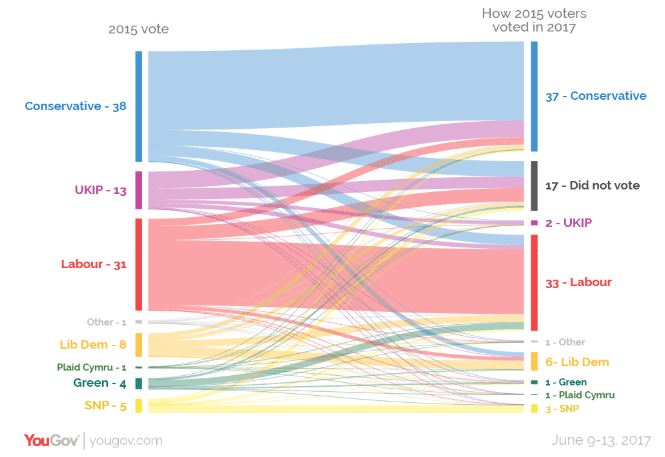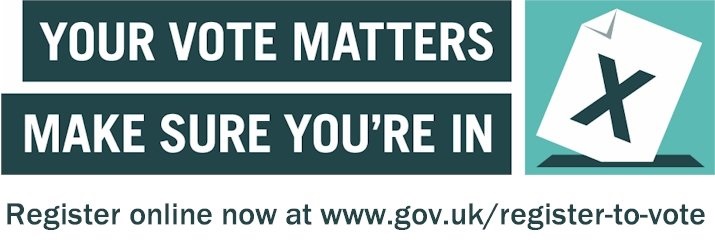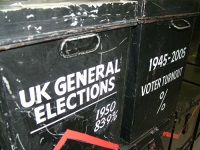The Electoral Reform Society (ERS) has produced a report on the general election. It’s subtitled, “Volatile Voting, random results.” First Past the Post (FPTP) claims to be designed to deliver Governmental stability, but in the last three elections, it has failed to do this twice. Furthermore it exaggerates local & regional differences, e.g. Scotland, Wales and the SE, where the leading parties margin of victory in terms of seats is higher than it’s vote warrants and the losers are under-represented. In this article, I have summarised what I see as the main themes and illustrated what ERS believe to be the impact of implementing a fairer voting system. I also make the point that different systems will cause different behaviour and I finish with a look at Germany’s PR system and a call for smaller constituencies in the belief that it will lead to a better relationship between MPs and their electors. …
Fair Votes






